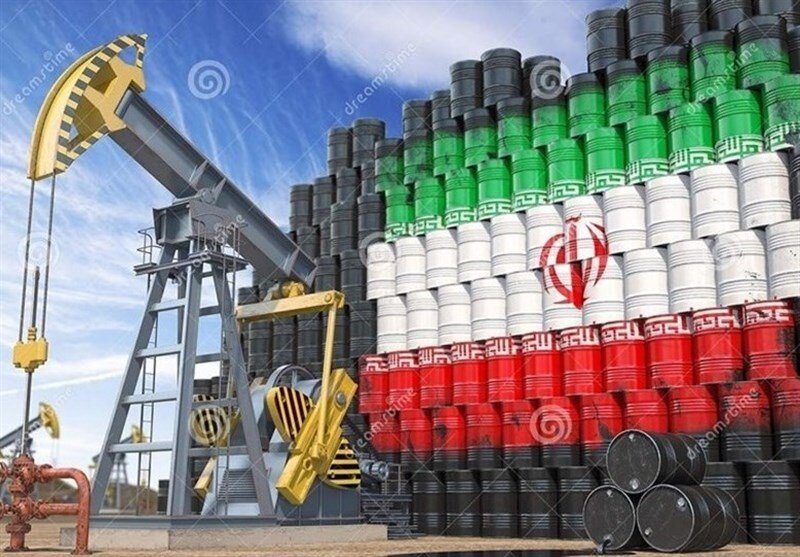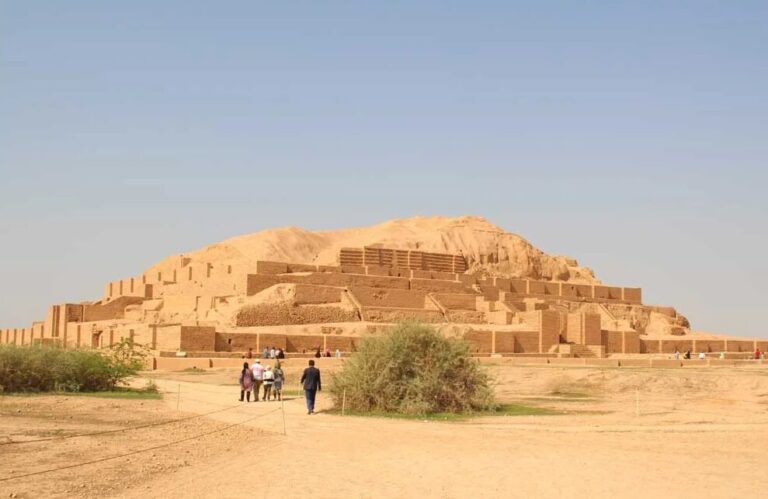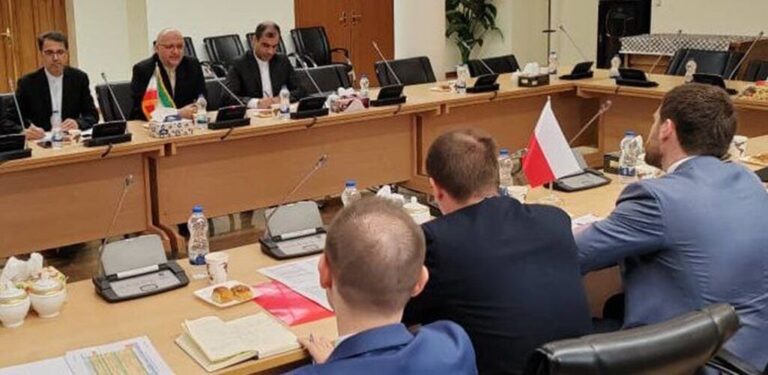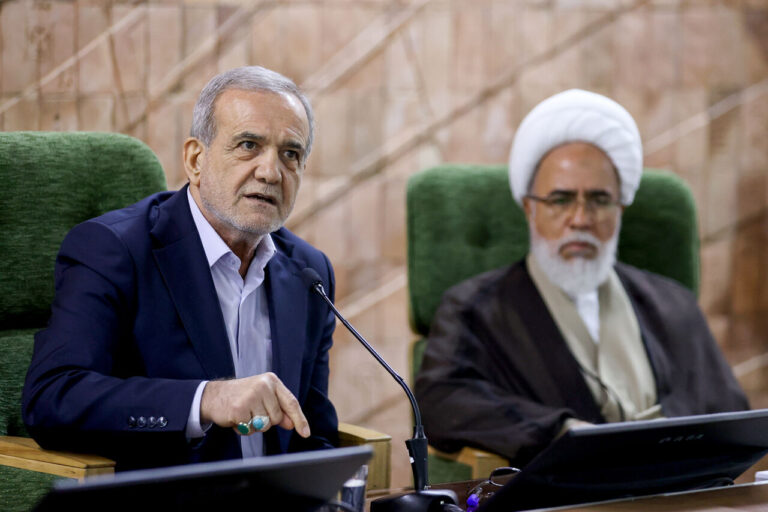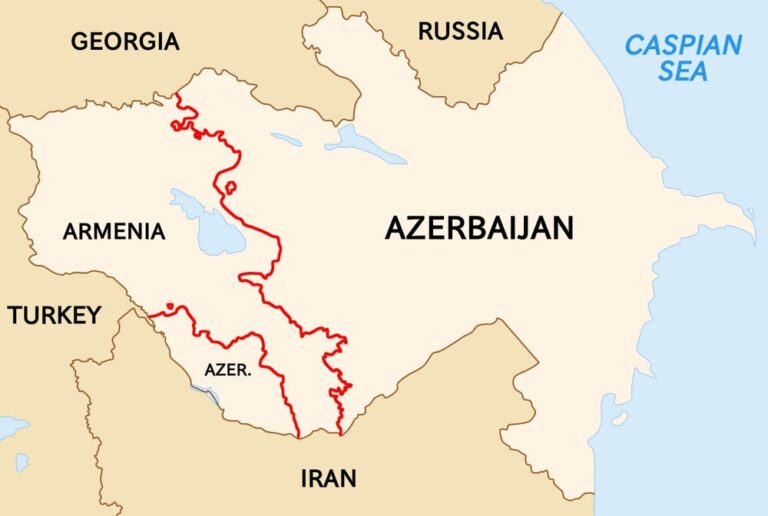Iran Boosts Oil Production by 12,000 BPD: OPEC Reports Strong Growth
In a recent report from OPEC, significant changes in oil production have been highlighted, particularly focusing on member countries and Iran’s increasing output. The primary keyword here is “oil production,” which plays a crucial role in the global economy and energy markets.
According to OPEC’s April report, the oil production volume by the organization’s 12 member countries in March totaled 26.776 million barrels per day, which marks a decrease of 78,000 barrels per day compared to February. This decline reflects ongoing fluctuations in the oil market.
However, amidst this overall decrease, Iran has seen a positive shift in its oil production. The country has increased its output by 12,000 barrels per day, bringing its total to 3.335 million barrels per day. This achievement firmly establishes Iran as OPEC’s third-largest oil producer, following Saudi Arabia and Iraq.
To put this into perspective, Iran’s average oil production in 2024 stands at 3.257 million barrels per day, which is a noticeable rise from the 2.884 million barrels per day it produced in 2023. This growth underscores Iran’s strategic efforts to enhance its oil production capabilities in a competitive market.
In light of these developments, it’s important to recognize collaborative efforts aimed at stabilizing the oil market. Earlier discussions included a meeting between OPEC’s Secretary General, Haitham al-Ghais, and Iran’s envoy to the UN office in Vienna, Reza Najafi. This meeting took place in Austria on a recent Saturday and focused on coordinating policies to address the challenges facing the international oil market.
- Haitham al-Ghais praised Iran for its constructive role within OPEC.
- He emphasized the importance of cooperation between the two entities.
- Ghais expressed OPEC’s openness to enhancing collaboration with Tehran.
These discussions highlight a crucial aspect of OPEC’s strategy: the need for member countries to work together in facing market challenges. The cooperation not only benefits individual nations like Iran but also strengthens the overall stability of the oil market.
Furthermore, the increased oil production from Iran is significant not just for its economy but also for the global oil supply landscape. As countries navigate the complexities of energy demands, Iran’s role becomes increasingly vital.
In recent years, the geopolitical landscape has also influenced oil production dynamics. Factors such as sanctions, trade agreements, and international relations have a direct impact on a nation’s ability to produce and export oil. In this context, Iran’s efforts to boost its oil production are seen as a strategic move to regain its position in the global market.
Additionally, the rising production levels in Iran may lead to a more competitive pricing environment in the oil market. This could potentially benefit consumers worldwide, as oil prices may stabilize or even decrease depending on overall supply and demand dynamics.
It’s also noteworthy that OPEC’s reports are closely monitored by analysts and investors. The data not only reflects current production levels but also provides insights into future trends and market expectations. This kind of information is invaluable for stakeholders in the oil and gas industry.
- OPEC’s reports guide investment decisions in the oil sector.
- They help predict market fluctuations based on production changes.
- Understanding these trends can lead to better strategic planning for oil companies.
As OPEC continues to navigate the complexities of the global oil market, the collaboration between member countries will be crucial. The support shown to Iran is indicative of a broader strategy aimed at ensuring stability and growth within the organization.
In conclusion, the latest OPEC report sheds light on significant trends in oil production, particularly emphasizing Iran’s increasing output and its strategic importance within the organization. As the global oil market continues to evolve, the cooperation and policies formed among OPEC members will play a vital role in shaping the future of energy production worldwide.
Stay tuned for further updates on oil production trends and OPEC’s ongoing strategies as they continue to adapt to the challenges of the ever-changing global market.
